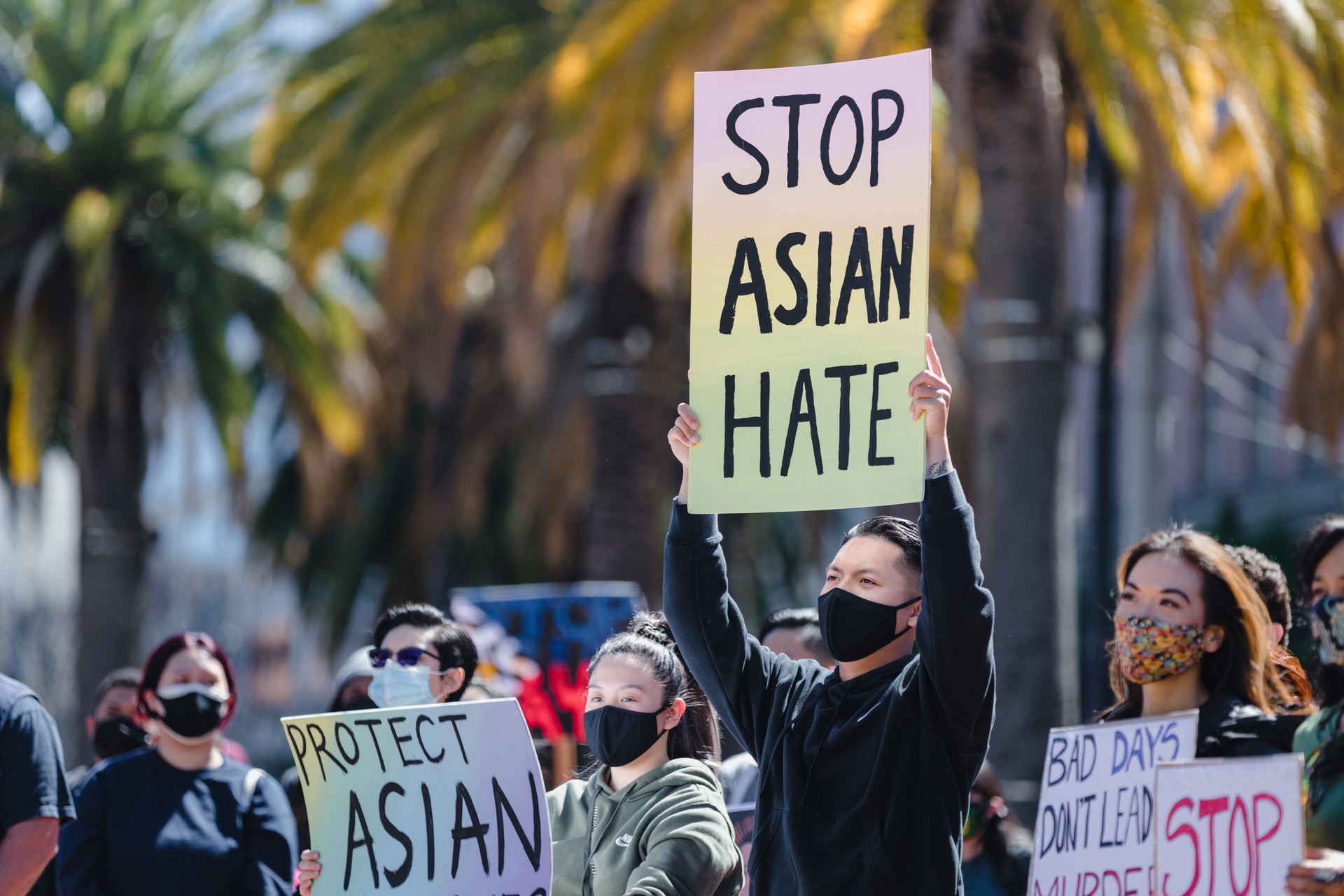
AFTER the most disturbing rise in crimes against Asian Americans and Pacific Islanders (AAPI) of the 21st century, a national hate crime tracker reported this week that anti-AAPI hate continues to proliferate across the nation.
Stop AAPI Hate, the national coalition of AAPI organizations dedicated to addressing anti-AAPI discrimination, released new findings on Thursday, Nov. 18 bring the total number of reported AAPI hate incidents and crimes to 10,370 between March 19, 2020 and Sept. 30, 2021.
In addition to the tally, Stop AAPI Hate also conducted a survey between Sept. 21 and Oct. 8 of this year that yielded a concerning statistic: 1 in 5 AAPIs have experienced a hate incident in the past year. In terms of average number, that translates to 4.8 million Asian Americans and 320,000 Pacific Islanders.
According to Stop AAPI Hate, verbal harassment and shunning continue to make up the largest share of types of incidents, comprising about 79% of total incidents. Like previous findings, a majority of incidents take place in public, and women — who comprise 62% of the reports — are more likely to be the targets.
Stop AAPI Hate’s finding coincides with other survey findings. Last month, a survey from NPR and Harvard found that 1 in 4 Asian Americans feared their families would be attacked because of their race. In the spring, Morning Consult relased a report that found that 3 in 5 Asian adults feel that the rise in anti-Asian harassment and violence greatly affected their mental health.
Notably, Asian American respondents with a high school education (41.2%) are experiencing hate twice as much as those with college degrees (19.8%). One in three Asian American parents also reported their child was targeted in a hate incident at school.
“It’s tragic but not surprising that Asian Americans with lower education levels are experiencing more hate,” said Cynthia Choi, co-founder of Stop AAPI Hate and co-executive director of Chinese for Affirmative Action, in a statement. “Anti-Asian hate is tied to systemic racism against our community. Stopping hate is not about quick fixes like law enforcement but about deeper investment in our communities.”
The hate crime tracker — which gathers self-reported hate incidents via website submissions — has been tracking anti-Asian hate since the beginning of the pandemic when anti-Asian xenophobic harassment began rising. Stop AAPI Hate has been among the leading organizations pushing for more community-based solutions and investment from lawmakers to prioritize solutions that address anti-AAPI harassment, discrimination, and violence.
“The levels of Asian American children experiencing hate in school is devastatingly high,” Russell Jeung, co-founder of Stop AAPI Hate and professor of Asian American Studies at San Francisco State University, said in a statement. “There needs to be an urgent push toward incorporating solutions that promote racial understanding in schools, including through investment in Ethnic Studies.”
Victims can anonymously report the details of an incident on the website after which they will prompted questions about how they feel about what happened and if they’ve sought any legal or emotional counsel. (Klarize Medenilla/AJPress)






